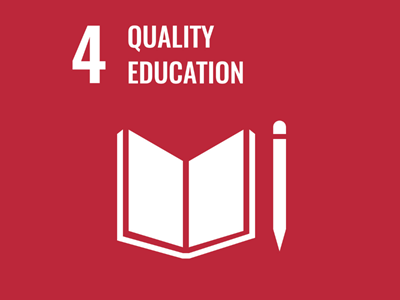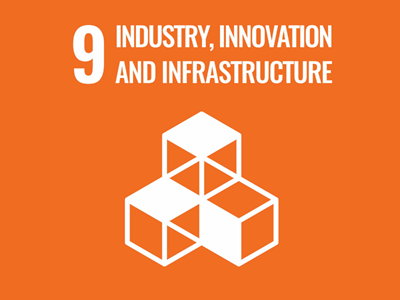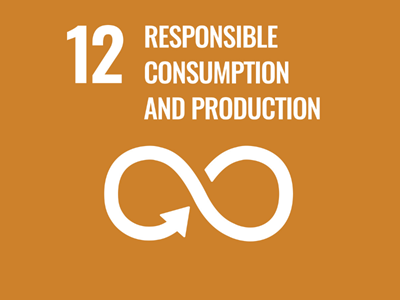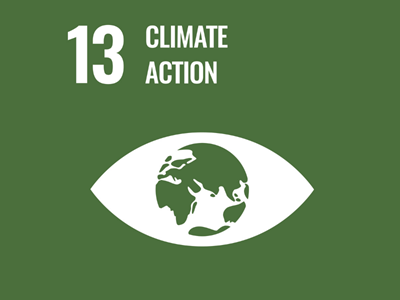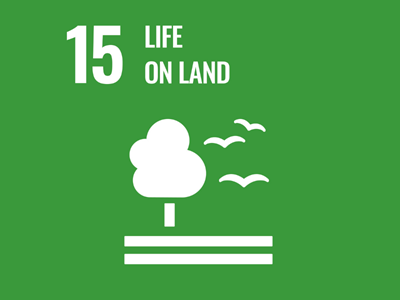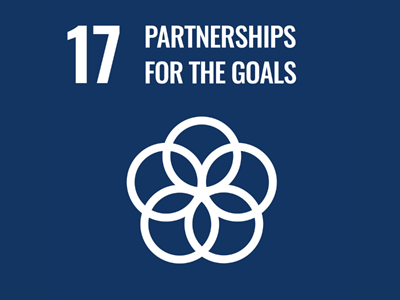About the Project
+AGRODIGITECH@SUL
The +AGRODIGITECH@SUL consortium brings together all Higher Education Institutions in the southern region of Portugal offering training in Agricultural Sciences and related fields, encompassing 1,825 students across 7 technical-professional courses, 8 undergraduate programs, 1 integrated master’s program, 11 master’s programs, and 5 doctoral programs.
The project’s primary goal is to modernize education in these areas by adapting curricula to new technological and environmental challenges. To achieve this, the consortium aims to:
- Revise 16 undergraduate and master’s degree programs across multiple institutions by introducing new elective courses, updating existing curricula with cutting-edge content, and investing in infrastructure and equipment to integrate new agricultural technologies focused on sustainable resource management.
- Launch a new postgraduate program, Digital and Environmental Technologies in Agricultural Sciences (30 ECTS).
- Offer a broad range of standalone courses aligned with the concept of micro-credentials, covering eight thematic areas: Phytosanitary management, Water resources and irrigation, Soil and fertilization, Green transition and circularity, Digital and technological transition, Plant propagation and breeding, Livestock and forestry production, and Veterinary sciences.
The project sets ambitious targets, including the restructuring of 16 study programs, engaging 1,500 secondary school students in the DigitAgro Challenge, a one-week agricultural training initiative, and providing professional development through micro-credentials for 250 agricultural sector professionals.
The initiative fosters interdisciplinary collaboration between agricultural faculties and departments, alongside engineering and technology schools, ensuring a holistic approach to education. Internationalization is a key priority, with foreign experts contributing to both the postgraduate program and micro-credentials. Additionally, the project leverages international networks such as EU Green (UEV), SUSTAGRI (UEV, UALG, IPBeja, IPP), and EUTOPIA (NOVA) and promotes student mobility through Blended Intensive Programs (BIP). Notably, 20 out of the 42 micro-credentials will be jointly delivered by multiple institutions within the consortium, strengthening inter-institutional collaboration and educational excellence.

